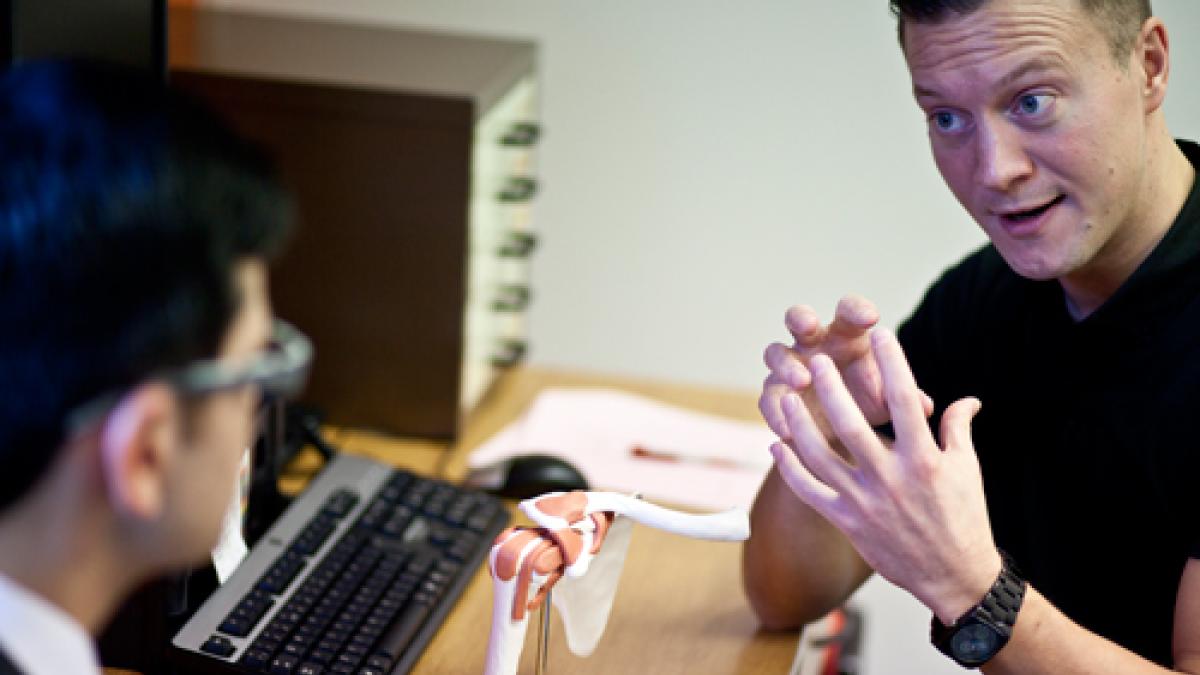This is according to a new report from the Health Foundation, which warns that general practices in England could suffer from a serious shortfall of GPs and practice nurses over the next 10 years.

The Health Foundation’s REAL centre says the government needs to take ‘urgent’ action now to avert an escalating crisis in general practice, and recruiting more first contact physiotherapists could be part of the solution.
In its analysis of workforce projections, the REAL centre’s findings reveal that the NHS in England is likely to have a shortage of around 10,700 permanent GPs by 2030/31 – a shortfall calculated in relation to the expected number of GPs that will be needed to meet a rising need for care.
In addition, the report estimates that this shortfall could be even higher (rising to a shortage of around 20,400 GPs) if an increasing number of GPs leave the profession due to burnout and if newer roles are not successfully integrated in multidisciplinary general practice team.
However, the Health Foundation state that:
‘The shortfall could be limited to around 3,300 GPs (around 1 in 10 posts) by 2030/31 if government puts in place policies to improve recruitment and retention of family doctors and if more allied health professionals (such as pharmacists and physiotherapists) can be effectively integrated into primary care to reduce pressure on GPs and nurses.’
First contact physios can ease the strain
Karen Middleton, CSP chief executive, said: ‘The Health Foundation is right to highlight first contact physiotherapists as not only part of the solution to the mounting crisis in primary care, but as a way to provide the best possible care.
They provide expert assessment and diagnosis when the patient needs it, which is not only great for patients but also eases the strain on GPs
‘It’s important that more of these roles are made available across the country, as set out in the NHS England Long-Term Plan but also that FCPs are integrated into local pathways, well supported and backed up by a pipeline of physiotherapists coming through to ensure the whole pathway has the appropriate workforce.
‘The good news is there has been a significant increase in physiotherapists graduating university and we are calling for every one of them to be offered an NHS role to help meet the needs of patients across the NHS.’
Integrate physios and other AHPs into general practice
Commenting on the report’s findings, Anita Charlesworth, director of research at the Health Foundation’s REAL centre, said: ‘England’s GP services are under huge pressure.
It’s sobering that over the next decade things are set to get worse, not better, with a growing shortage of GPs and practice nurses
‘While these issues are not unique to England, it is critical that government takes action to protect general practice and avoid it getting locked in a vicious cycle of rising workload driving staff to leave, in turn creating more pressure on remaining staff and fuelling even more departures.’
And she added that ‘There needs to be a comprehensive plan for the successful integration of allied health professionals in general practice teams’.
Number of subscribers: 3